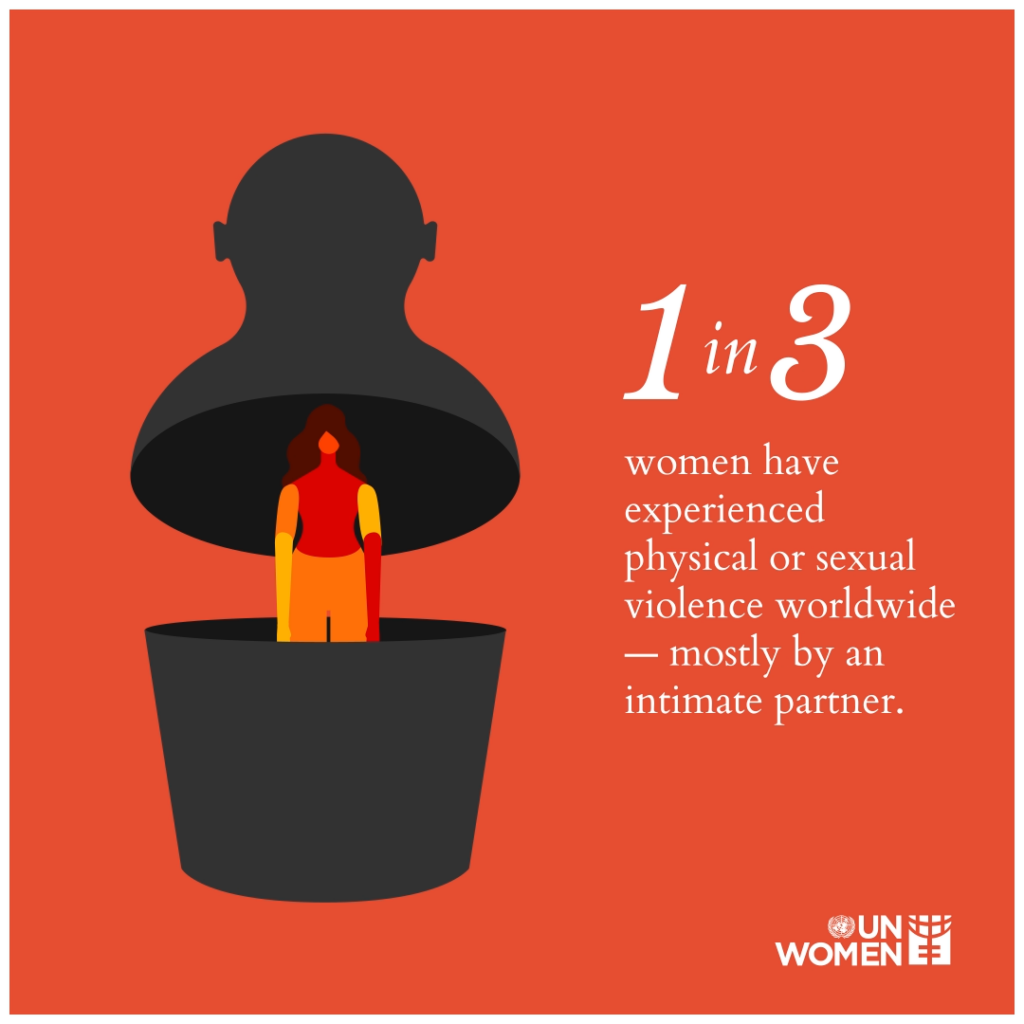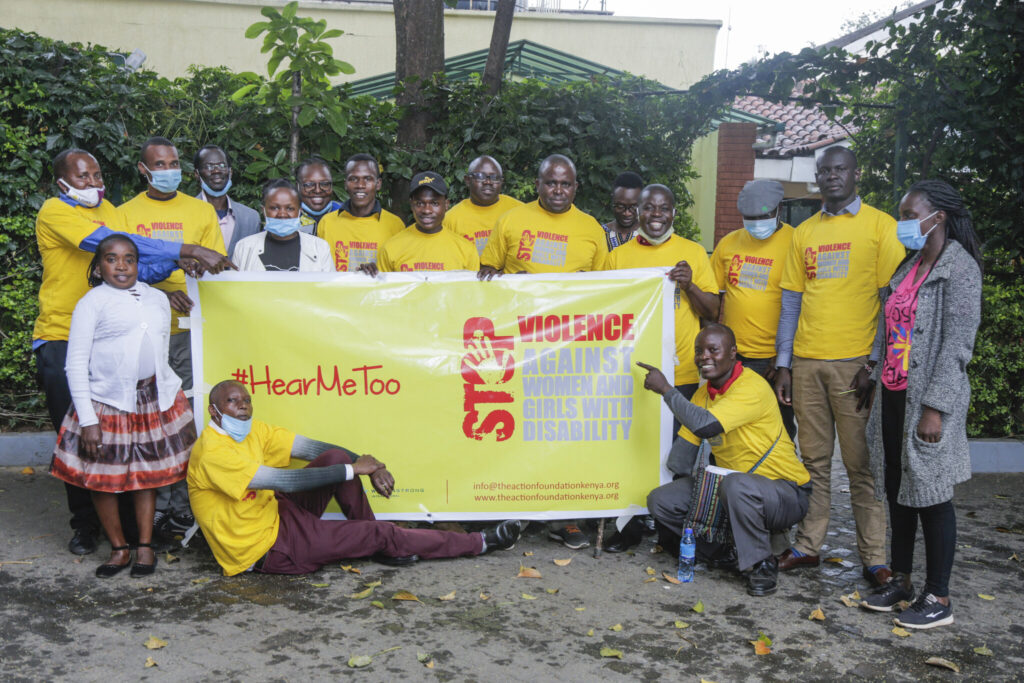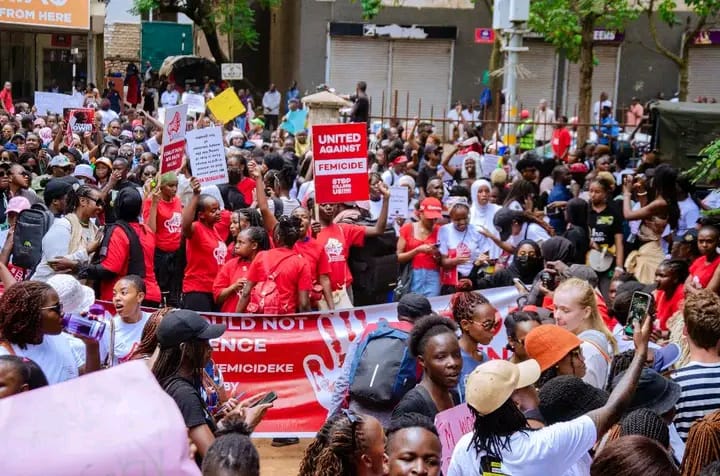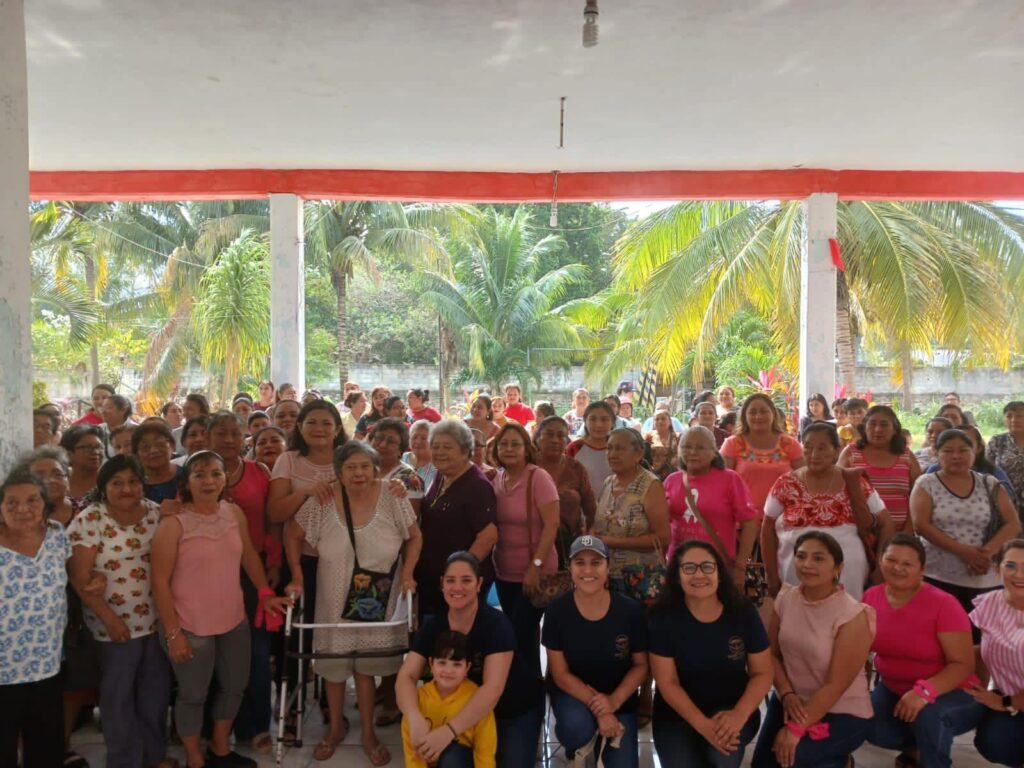Daring to Dream of a World Without Violence

November 25 is International Day for the Elimination of Gender-Based Violence
For too many years, there has been one alarming fact of life uniting far too many girls worldwide: they will likely grow up to experience violence.
One out of three women experience physical, emotional, or sexual violence during their lifetimes, mostly at the hands of someone they know. In some communities, the incidence is much higher. Latin America has the highest rates of gender-based violence in the world, representing 81 percent of global cases.
That’s why, in 2013, the World Health Organization called violence against women and girls a “global health problem of epidemic proportions.”
Fast forward to this year, and the COVID-19 pandemic.
In Kenya, there has been a 10-fold increase in calls to domestic violence hotlines. In Mexico City, hotline calls increased by 58 percent during that same time period. And in New York City, the police department reported a 10 percent increase in domestic violence calls when the shutdowns began. Today, UN Women calls violence against women the “shadow pandemic” associated with COVID.
In a time where violence has tragically become a “normal” part of life for too many girls and women, who dares to envision a different world? And what approaches are working to get us there?

Just weeks before many countries imposed COVID shutdowns, WomenStrong’s Learning Lab welcomed seven new partner organizations that dared to dream with us, that a world without violence against women and girls is possible.
These organizations – working in Cambodia, Kenya, Mexico, Rwanda, South Sudan, and the United States – address violence through community awareness-raising activities, programs engaging male family members and community leaders,and programs for girls, women, and survivors.
Our goal was to bring together an experienced group of community leaders in our peer learning network, where they could share strategies to end violence against women, lift up solutions, and disseminate lessons learned to a broader network that could benefit from their field-tested knowledge.
These partners include:
- The Action Foundation (Kenya), which builds inclusive and resilient communities where children and young people with disabilities can grow up educated, healthy, and free from violence. Action Foundation’s approach includes engaging men and other community influencers, such as village elders, law enforcement officers, chiefs, and religious leaders, to become community change agents.
- Black Women’s Blueprint (USA) works with women and girls, including those identifying as transgender, to protect their civil and human rights. They use a far-reaching, innovative framework to tackle the greatest challenges facing women and girls, including the use of deeply traditional cultural interventions and community organizing.
- Centro Mujeres (Mexico), in Baja California Sur, Mexico, empowers women, youth, and migrant communities to advocate for their human rights. Their approach includes advocacy, awareness-raising, and community engagement efforts, as well as a school-based community action project, Prevención Somos Todos.
- Crown the Woman (South Sudan) is a women-founded, women-led organization that empowers girls and women in South Sudan to harness their potential and contribute to nation-building, economically, socially, and politically, in that young country.
- Gender and Development Cambodia addresses gender-based violence by promoting mutual respect between men and women, enabling policymakers and institutions to address gender inequality, and strengthening support for gender equality at the national and local levels.
- Men Stopping Violence (USA) engages men to take action to end violence against women through training and community education and has reached over 500,000 individuals in its decades of powerful work.
- Rwanda Women’s Network, dedicated to empowering Rwandan women, works with over 52 grassroots associations, cooperatives, and spaces that reach more than 4,000 people. Their violence prevention efforts include work to shift attitudes, behaviors, and norms contributing to intimate partner violence among couples in the Bugesera District.
These organizations recognize that while there are no easy solutions to violence, listening to women, building community champions to support them, shifting social norms, and harnessing resources to address their needs are critical to making progress.

“Breaking down socially constructed norms, and changing perceptions, does not happen overnight,” said Maria Omare of The Action Foundation in Nairobi. “We are on a journey.”
Though the COVID shutdowns has caused many of these organizations to suspend regular programming due to government regulations and safety concerns, most quickly adjusted to new ways of reaching community members.
For example, The Action Foundation, Black Women’s Blueprint (US), and the Rwanda Women’s Network were among those that quickly pivoted to providing food, sanitary supplies, and other essential commodities to support and reach women and girls during their respective COVID lockdowns, managing to slip vital hotline and health information in those humanitarian packages.
Many of WomenStrong’s other women-led partners in the Learning Lab – which includes 19 organizations across 16 countries focused on girls’ education and women’s health, in addition to violence prevention – also shifted during COVID, adding strategies to address the frightening increase in violence.
“The pandemic gave us the opportunity to understand [how to address] the issues of gender-based violence prevention and response during an emergency,” said Monica Nyiraguhabwa, founder and executive director of Girls Up Initiative Uganda, a partner in WomenStrong’s Girls’ Education and Empowerment Lab.
In this way, the COVID pandemic has sparked a renewed sense of urgency to address the violence that so many women and girls experience during the course of their lives.
We at WomenStrong remain committed to supporting our global partners, learning alongside them as they work to address violence in their communities, and amplifying their solutions to all those who, like us, envision a world where women and girls can one day live free from violence.




